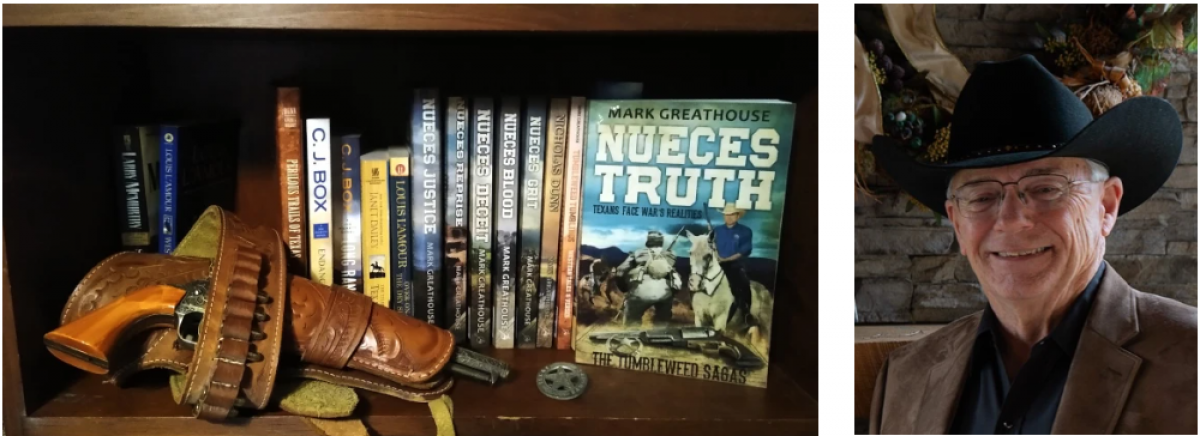Think on: “You shall not bear false witness against your neighbor.” EXODUS 20:16
High, unimpeachable, consistently applied ethics and morals are essential to our success in all aspects of life. In 1925, President Calvin Coolidge said, “If we are too weak to take charge of our own morality, we shall not be strong enough to take charge of our own liberty.” Enron and Worldcom were just two modern-day examples of how everyone – not just the company employees – pays for unethical workplace practices. Sarbanes-Oxley Act compliance now costs companies millions of dollars which are then passed on to consumers. Dodd-Frank compliance, legislative reaction to unethical banking practices, compounds that cost. Both laws were “knee-jerk” legislation in response to perceived failures of securities regulation enforcement.
Examples of unethical practices in business abound. In addition to the huge Enron and Worldcom scandals of the 1990s, there were the Archer Daniels Midland price fixing scandal brought to light by whistleblower Mark Whitacre, the Koss (headphones) internal $31 million fraud perpetrated by its vice president of finance, the case of CFO Sam Antar who bilked hundreds of millions from consumer electronics chain Crazy Eddie, CFO Aaron Beam’s $2.7 billion accounting fraud at HealthSouth Corporation, and there was Martha Stewart’s insider stock trading and Bernie Madoff’s investment scam. The corporate executives pay the price for their behaviors, but the investors and consumers never really are compensated. What can we do? I’ve personally had sales executives attempt to bribe me to get a sale and even was passed files of corporate secrets from a competitor. These are among the more heinous lies, especially as they are criminal.
Today’s moral relativism is rooted in moral values that far too often have become a matter of personal opinion or private judgment rather than something grounded in objective truth. Mostly, it’s about our own selfishness, our immediate gratification mindset; the “I, me, mine” thinking of narcissistic hedonism. It describes how most of today’s Millenial Generation…and many Baby-Boomers…define their morality. In my 8 years of teaching as a college adjunct, I have asked hundreds of students what they base their morals on, and very few profess biblical morality. These students are being fed a “do good, feel good” morality professed by the generations that preceded them and have been raised in a fully atheistic public-school environment. Little wonder we seem to be breeding successive generations of corporate fraudsters.
Tumbleweed believes that the one of the biggest manifestations of corrupt ethics and morals is the lie. As an inveterate collector of quotations, a couple that come readily to mind are Mark Twain’s, “A half-truth is the most cowardly of lies.” and John F. Kennedy, “The greatest enemy of the truth is very often not the lie – deliberate, contrived, and dishonest – but the myth – persistent, persuasive, and realistic.” What parent can forget “Veggie Tales,” especially the episode about the lie. Or, recall actor Burl Ives famous reference to “mendacity” in the film, “Cat on a Hot Tin Roof.”
For me, the scariest and most tragic lies are those that are rationalized or justified by some relative interpretation of morality. And perhaps even worse are lies that emanate from the perspective that someone’s lie is okay because someone else had gotten away with it previously – as though that makes it less of a lie. We see that a lot in politics but in business, as well.
So, I’m afraid it does get down to the basics of ethics and morality. I rather like Colossians 3:9, “Do not lie to one another, since you have put off the old self with its practices.” It can be tough to resist the lure of compromising our ethics and morality, but we cannot serve two masters. It’s man or God. What’s your choice? Just sayin’.
